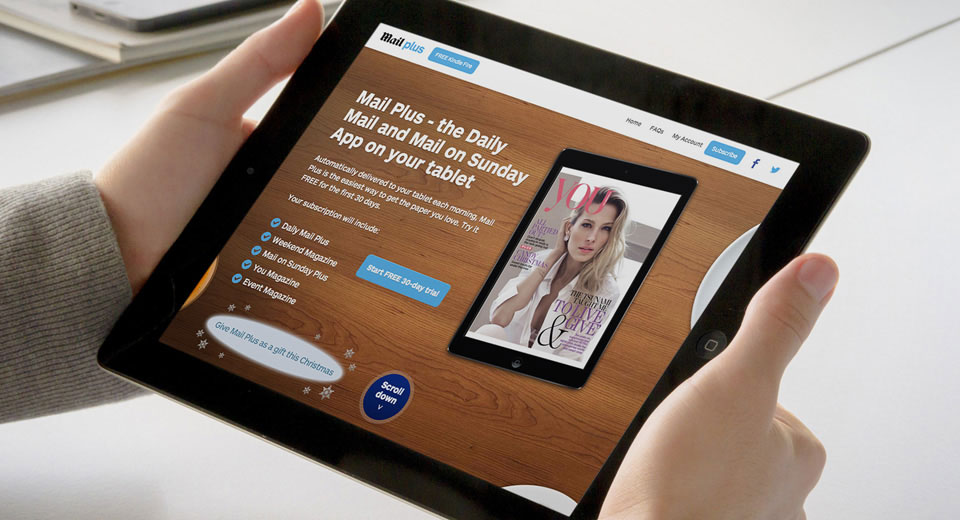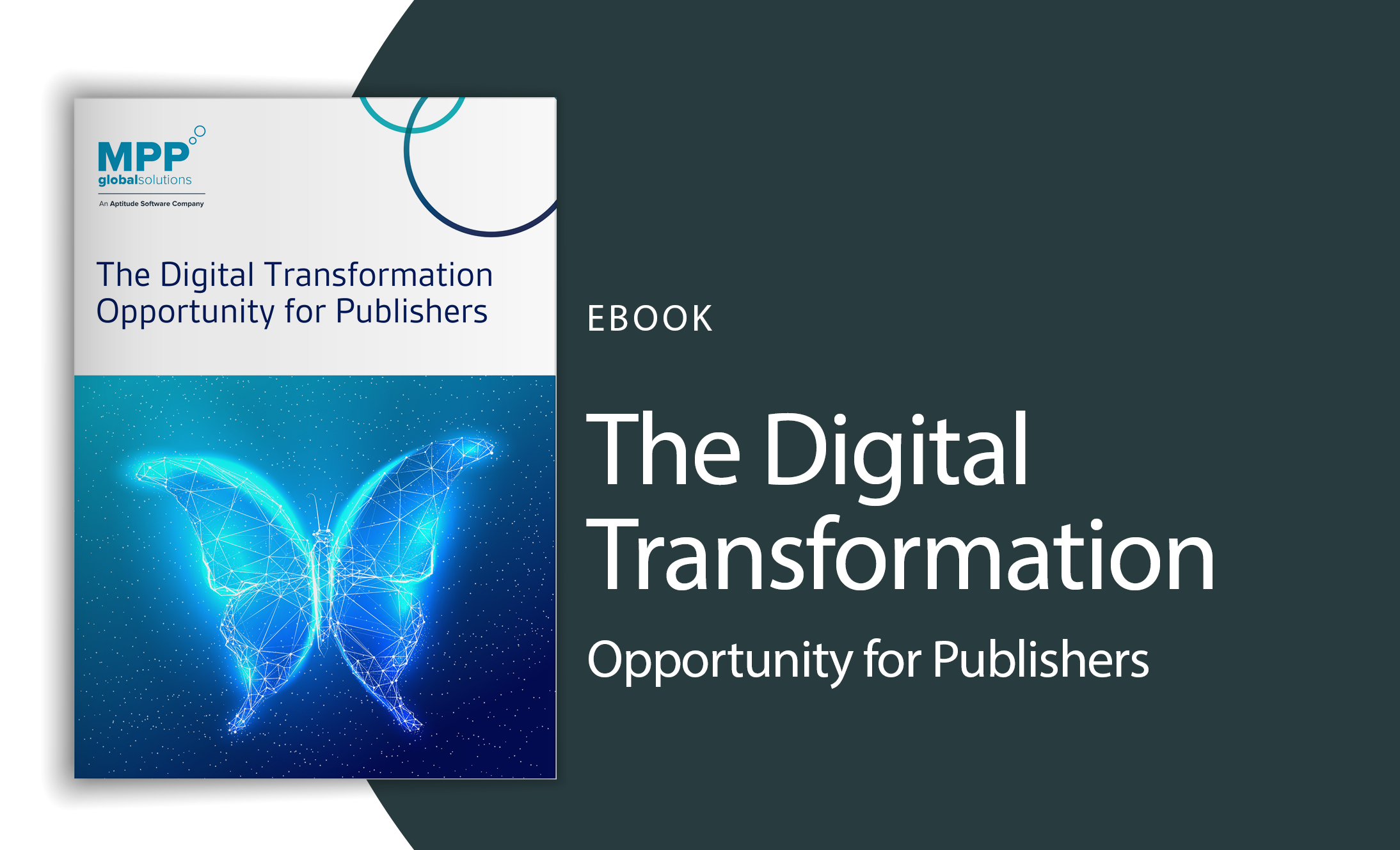Millennials: Are They Really Shaping the Future of Media?

Millennials, often known as digital natives, are the generation typically born between 1981 and the late 1990s. As a group they have grown up in an electronics-filled, increasingly online and socially-networked world. The lifestyle they have grown up in has led to the assumption that they are driving the digital world – shaping how digital content should be accessed.
This may be true for the TV and entertainment sector where online content is leading the way, but what about publishing and media? What significance do millennials play in this industry?
Are Millennials Engaging with Publishing & Media?
Millennials are all about accessing digital content when they want, where they want and how they want. In fact, 39% of millennials actively seek out news and 69% of millennials get news daily, according to WAN-IFRA and the American Press Institute’s millennials study.
Compared to previous generations, millennials are able to access a whole host of content from all over the web, having grown up with a variety of devices. With much of the news they access on social media, many millennials are viewing digital content which appears episodically on their devices.
A study by Digiday identified that although millennials do use Facebook to access news, the connected generation has not abandoned traditional publications. In terms of how many monthly visitors are millennials, Elite Daily led the way with 74% – this can be down to the fact it’s called the Voice of Generation Y (another name for the millennial generation). Older publications did not perform poorly either, with 32% of The New York Times’ monthly visitors being millennials.
Looking at the habits of millennials, they favour a variety publications from The New York Times to Vogue – identifying how they contribute to various areas of the market due to the breadth of the age group.
Do Millennials Offer Enough Insight for Media Companies?
Millennials represent a significant number in the market, which identifies the key role they play in the future of media. However, it can be argued they simply represent an age group and their habits merely reflect the digital world.
In a recent article, The Media Briefing highlighted the role of millennials and how they only represent a fraction of the demographic. The article discusses how not all millennials agree – which leads to a limited snapshot of their habits and the market. This is demonstrated by one study between the American Press Institute and the Associated Press-NORC Centre for Public Affairs Research, which stated:
“More than half of millennials older than 30 describe themselves as mostly proactive consumers of news; only a third of millennials under 25 say the same.”
This supports the fact that not all millennials behave the same and cannot be relied upon to actively define how media companies should shape their business.
The MPP Global View
For companies across the media and entertainment industry, it is important they have the data and analytics to actively understand their audience and tailor campaigns, subscription promotions, services and offers to meet the requirements of this audience.
MPP Global provides clients with the tools and information they need to identify how best to accommodate the needs of all of their customers across a range of services. eSuite’s Analytics & Reporting module enables publishers to interrogate much richer data sets than simply ‘age’ – which the whole concept of the term ‘millennial’ relates to.
Understanding usage behaviours, buying preferences, preferred methods of content consumption and a detailed consumer profile, provides a deeper insight into the audience, enabling the ability to create sub-sectors for all user-groups from Generation Z to Millennials to the Silent Generation.
Are Millennials Just an Age Group as Opposed to Fueling Change?
It is fair to say that millennials do play a part in the digital world – but is this not the same for anyone in the 21st century? It has to be looked at objectively. Millennials do offer an insight into buying habits, but so can defining by gender or location.
Media companies need to understand the individuals in their audiences, not simply group them based on one shared commonality. In order to attract a broad range of consumers, organizations need to offer a range of digital monetization strategies tailored specifically around the preferences that can be ascertained from knowing the customer.
 us
us 










